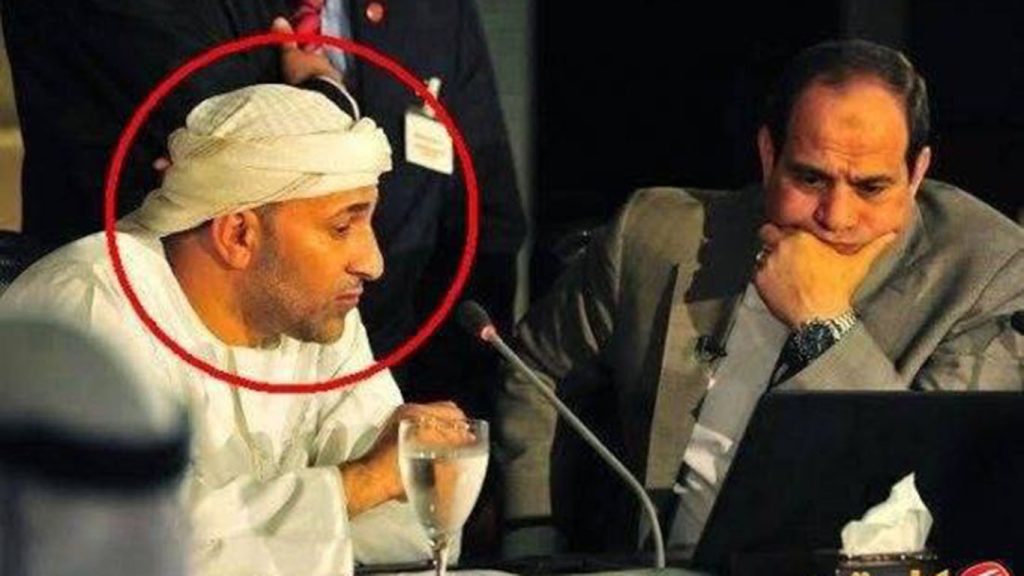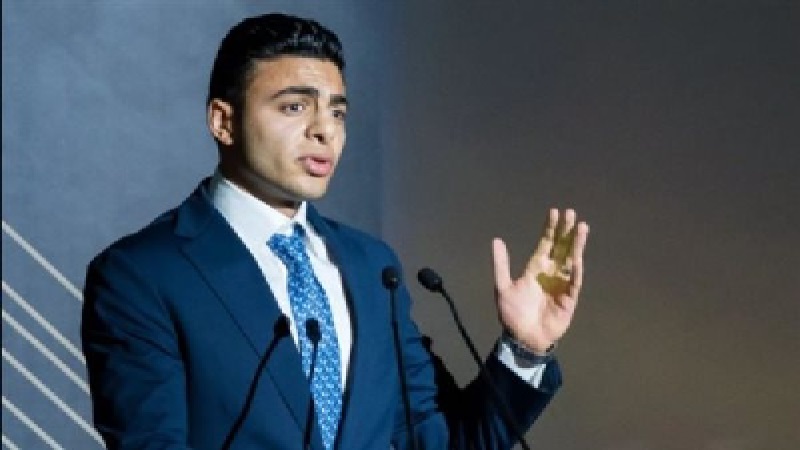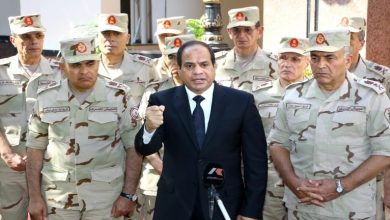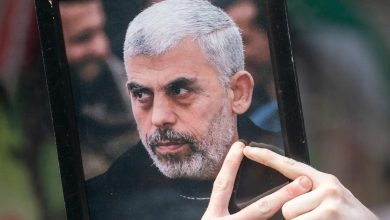Arjani and Sisi: From Extorting Gaza’s People to the Reconstruction Race
From imposing extortionate fees at the Rafah crossing to seeking profits in rebuilding Gaza, the story of exploitation continues.
Watan-The Egyptian regime, led by Abdel Fattah el-Sisi, did not hesitate to exploit the tragedies and suffering of Palestinians during the devastating war that targeted the Gaza Strip over a span of 15 months. Amid the destruction and pain that spared neither people nor stones, the story of businessman Essam Al-Arjani, a close associate of Sisi, emerges as a symbol of exploiting Palestinians through imposing levies and reaping profits at the expense of their anguish.
The “Hala” company, owned by Al-Arjani, was one of the tools used by the regime to tighten the noose on Gazans. Documented reports revealed the imposition of exorbitant fees on Palestinians leaving through the Rafah crossing, amounting to $5,000 per person and $10,000 per truck carrying goods into the Strip.
With the war’s cessation and discussions about reconstruction beginning, Al-Arjani wasted no time entering a new race for profits. The Al-Arjani Group announced its readiness to participate in reconstruction projects, sparking a wave of anger and controversy in Gaza. Local residents have not forgotten the extortion they endured during the war, viewing Al-Arjani’s involvement as a continuation of plundering the Strip’s resources and exploiting its humanitarian crises.

The VIP service promoted by Al-Arjani’s companies, with prices starting at $8,000 for those wishing to leave Gaza via the Rafah crossing, underscores the exploitative and extortionist policies of the Egyptian regime. This reality reveals that Cairo’s role extended beyond diplomatic mediation to stop the war—it also included profiteering from the suffering of the Palestinian people.
The announcement of Al-Arjani’s participation in Gaza’s reconstruction sheds light on the questionable partnership between him and Mahmoud el-Sisi, the Egyptian president’s son, who is believed to be a primary beneficiary of these operations. Palestinians describe this partnership as another betrayal by Gaza’s closest neighbor, which chose profit over human rights and justice.

Gazans, who have endured a bitter struggle for survival under siege and bombardment, see these actions as a continuation of a system of injustice and exploitation. The pressing question now is: how can genuine reconstruction take place with those who profited from Palestinian blood during the years of war?






